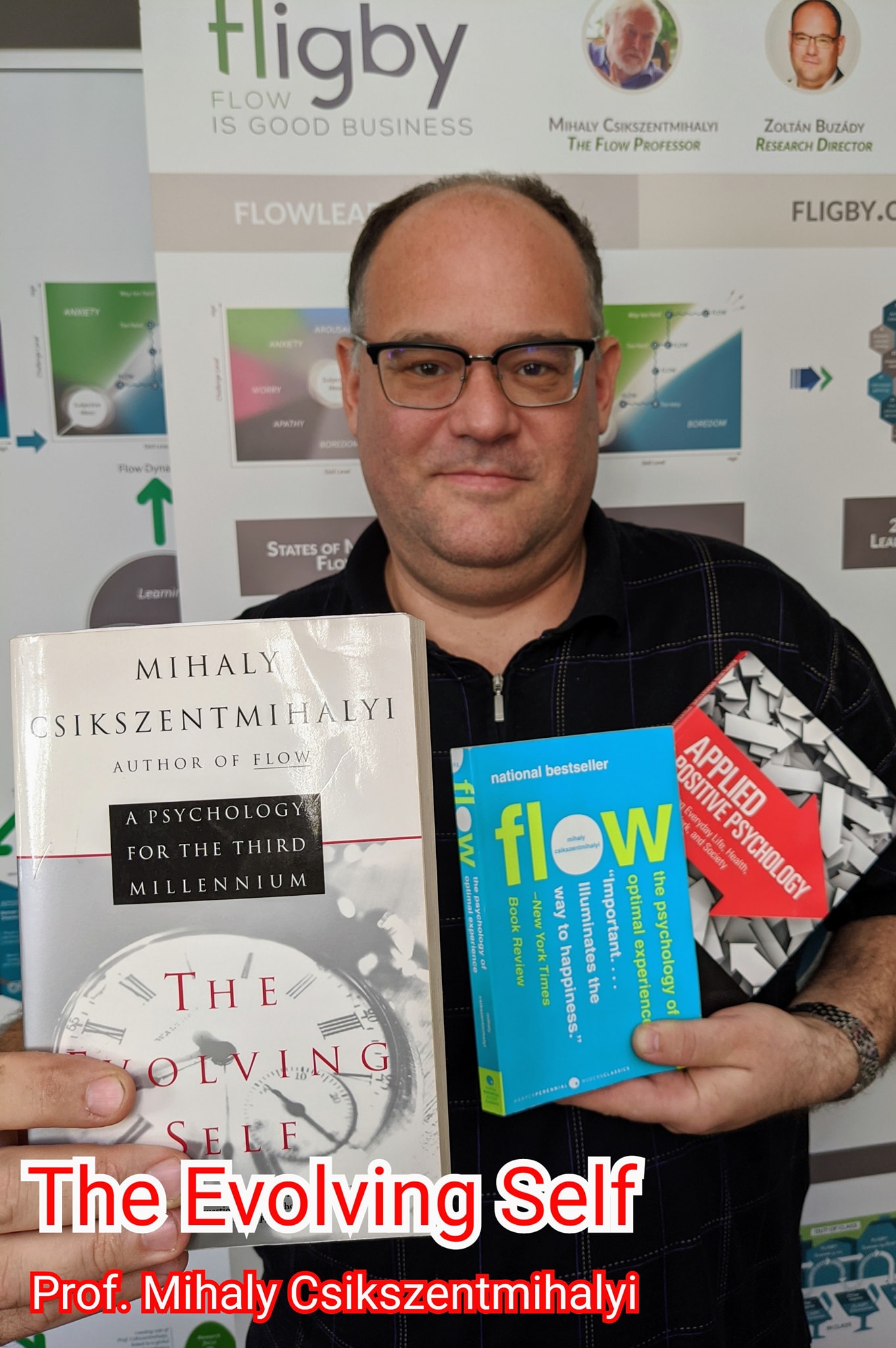


The Flow Theory of Mihaly Csikszentmihalyi represents the emotional state someone can be while undertaking a task or activity. This Flow is identical to the feeling of being “in the zone” or “in the groove”. Mihaly Csikszentmihalyi describes that people are happiest when they are in the state of utter concentration and completely absorbed in the activity they are carrying out. Educational researchers try to understand flow in order to help their students optimize their learning.Do you want unlimited ad-free access and templates? Find out moreĮverything they do seems to be easy and controlled. Neither state is supportive of optimal learning.įlow can be experienced in any task in any field of activity, from music to writing to painting to sports. Conversely, a learner can experience anxiety when their skill level is very low and the task challenge is very high. In contrast, a learner can experience relaxation in learning a task when their skill level is very high and the task challenge is very low. This creates an opportunity for learning and intense focus, where learners can even feel that they lose track of time because they are so immersed in the task. In addition to flow, these mental states include anxiety, apathy, arousal, boredom, control, relaxation, and worry they result when a learner experiences a combination of skill and challenge levels of a task in non-optimal combinations.įlow is the most optimal of these states for learning, as it is where skill level and challenge level of a task are at their highest. Keywords: anxiety/stress, challenge level, creativity, engagement, expertise, happiness, immersion, flow, focus, learning, motivation, satisfaction, self-regulation, skill levelįlow is one of eight mental states that can happen during the learning process which Csíkszentmihályi outlines in his flow theory.

Originators & proponents: Mihály Csíkszentmihályi This can result in deep learning and high levels of personal and work satisfaction. Summary: Flow is an optimal psychological state that people experience when engaged in an activity that is both appropriately challenging to one’s skill level, often resulting in immersion and concentrated focus on a task.


 0 kommentar(er)
0 kommentar(er)
